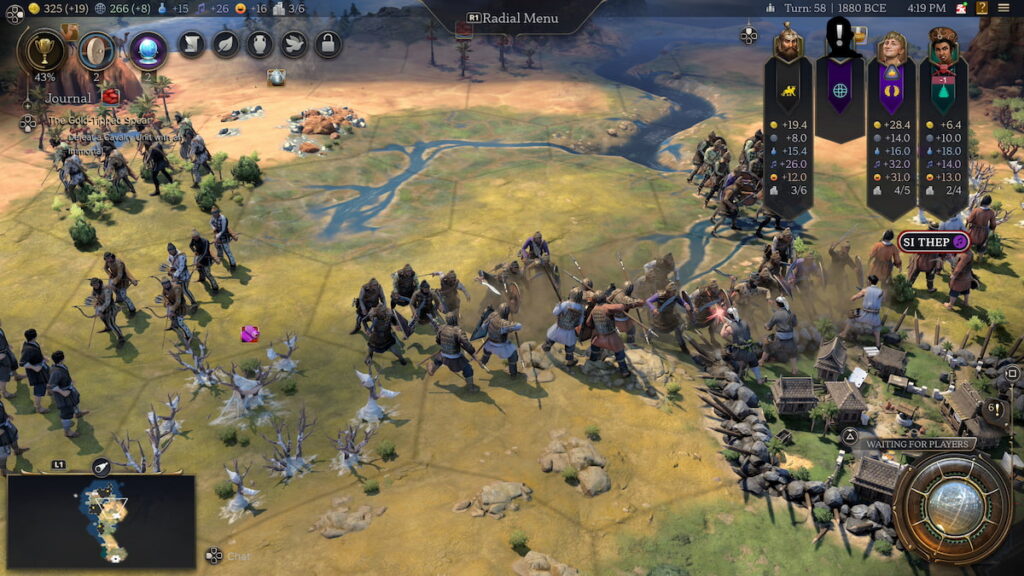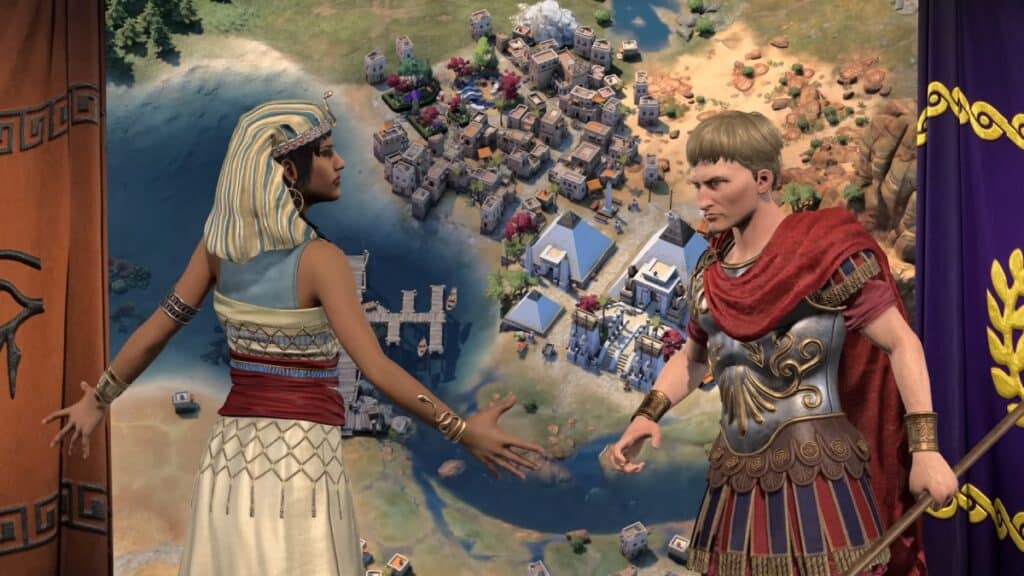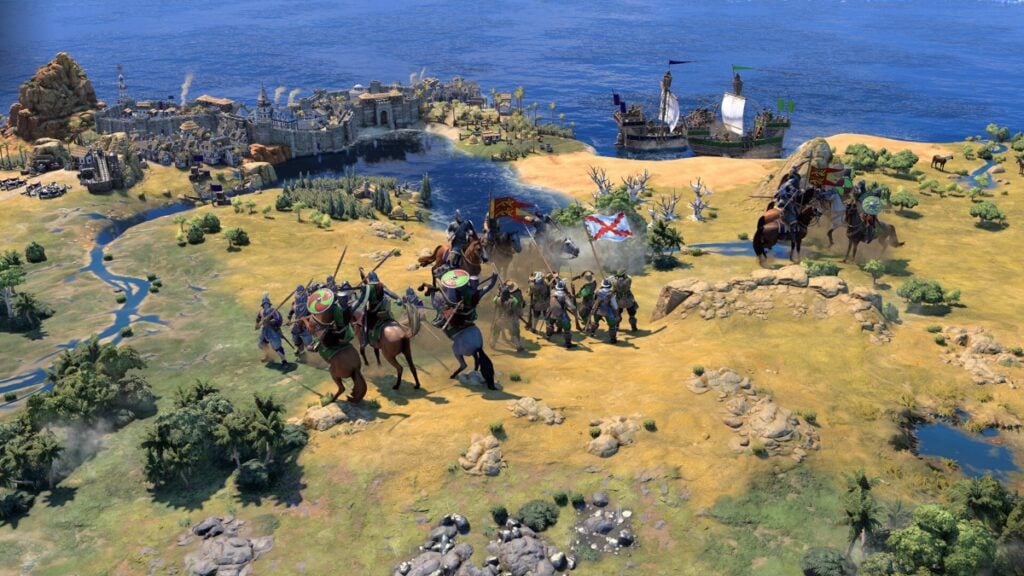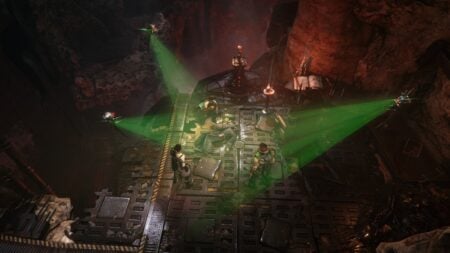Skip To...
Civilization is a stalwart in the genre. 4X games have grown and shifted significantly since Civilization was created and then continued to innovate the genre it gave life to. With many worthy competitors throwing their hats into the proverbial turn-based ring, did Firaxis do enough with Sid Meier’s Civilization VII to remain the undisputed champions?
Prettier Than Ever

One of the most noticeable upgrades in Civilization VII is its visual overhaul. The game looks absolutely stunning, with more detailed and dynamic maps, alongside large units with diverse looks matching their culture. The engine brings out the world’s beauty and the intricacies of city-building. The map feels alive, with more varied terrain, detailed unit animations, and beautifully rendered wonders of the world. The attention to detail in city design, architecture, and environmental effects, such as weather patterns and changing seasons, is impressive. What’s even better is that massive cities feel sprawling in a way they never did before, with powerful empires and capital cities taking up large swaths of the map.
The art style has taken a bold new direction, with a more vibrant and colorful palette. It feels like a breath of fresh air compared to the more muted tones of Civilization VI, which gives the game a slightly more modern feel without losing its iconic look.
Change is Inevitable

Civiliation VII has one major feature that really shifts and changes how you experience a campaign turn to turn, and era to era. Your chosen leader is now separate from the empire you started a campaign with. This alone is a monumental shift, as it allows for some odd pairings based on strengths and weaknesses for custom setups. However, this change pales compared to the other seismic shift; your empire changes as you move through time.
Yes, you heard that right, your empire at the end of a game will not be the one you start with, as each era features a different subset of empires that changes as you move through time. This change fundamentally shifts how every game of Civilization plays out, and you either like the change or hate it; there is really no room in the middle for anybody else.
Everything else you’d expect to be here, well, is here. Diplomacy, war, trading, and resource management, although none are very surprising or beyond the scope of what some competitors like Humankind or Ara have introduced to the genre. It works, feels polished, and is good enough to keep the next turn churn going strong. As with other entries in the series, the real test will be how each expansion expands and dramatically changes the core gameplay features.
Conclusion: A Worthy Champion
All told, Civilization VII does actually change its core gameplay tenets much more than they probably even had to. Some of the changes are divisive in nature, but I feel like it’s much better to experiment and fail than to play it safe and drag it on. Thankfully, the new ideas presented here give the stalwart franchise just enough momentum to serve as a healthy and fun baseline to expand on in the coming months and years.
Sid Meier's Civilization VII (PC Review)
The new ideas presented in Sid Meier's Civilization VII give the stalwart franchise just enough momentum to serve as a healthy and fun baseline to expand on in the coming months and years.
Pros
- Looks and plays solid
- New ideas change up the gameplay significantly
Cons
- Significant launch problems are mostly better now, but not perfect
- Only 3 eras makes the end game feel unfinished







